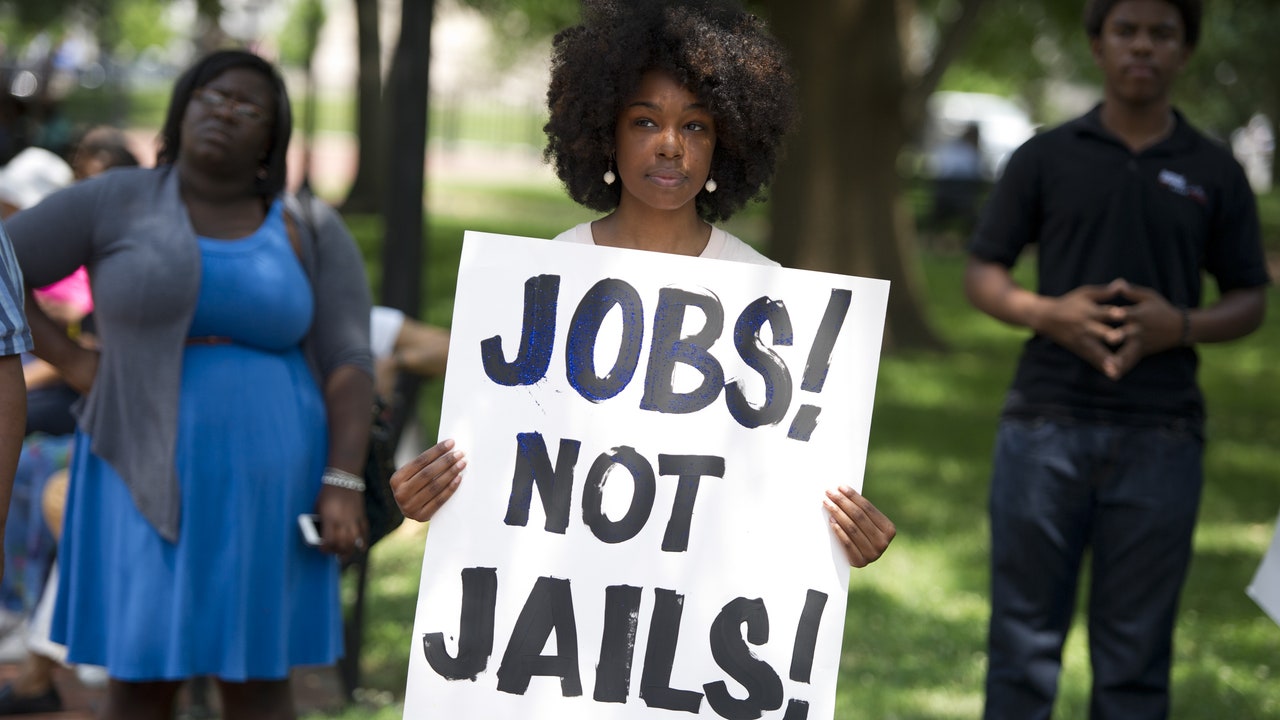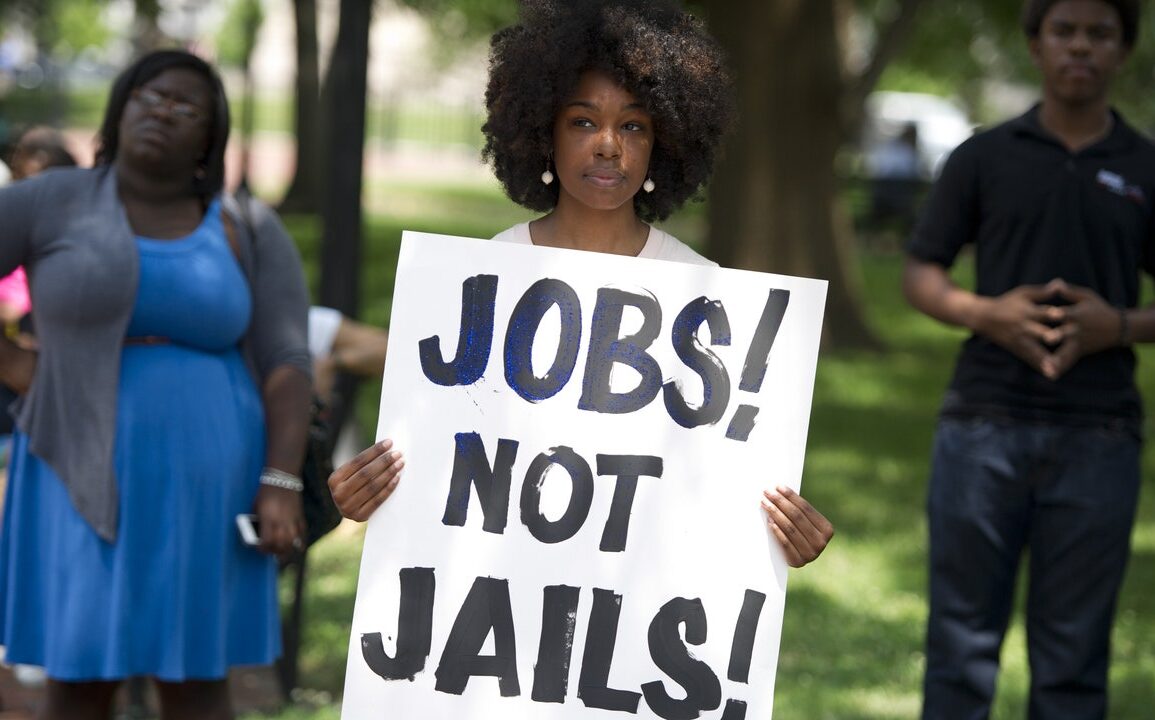
What do successful alternatives to policing, prosecution, and prison actually look like? And how would they work? A group of Chicago’s leading public safety, health, and justice innovators gathered at the DePaul Art Museum last summer to provide much-needed clarity on these crucial questions.
Artists, survivors of violence, organizers, entrepreneurs and business leaders, public defenders, policy experts, restorative justice practitioners, and system-impacted people sat down for a series of conversations while exploring Remaking the Exceptional, a groundbreaking exhibition on torture and incarceration.
The conversations expose common myths about crime and punishment and explain a range of critical issues, including copaganda, pretrial detention, and the criminalization of survivors. They also delve into powerful non-punitive routes to addressing harm, such as restorative justice and violence interruption.
The following short film — the third in a series named after the exhibition and produced by Zealous, Truthout, and Teen Vogue — focuses on the movement for abolition. It explains what abolition means; how abolitionists are confronting questions of harm, crime, punishment, and justice; and how transformative solutions require a willingness to move beyond the status quo.
The film features Sharlyn Grace and Takenya Nixon, both from the Cook County Public Defender’s Office, artist and activist Bella BAHHS, Love & Protect member Chez Rumpf, and advocate and policy expert Briana Payton.
Read more on abolition from Truthout and Teen Vogue.
Stay up-to-date with the politics team. Sign up for the Teen Vogue Take
This post was originally published on this site be sure to check out more of their content.







